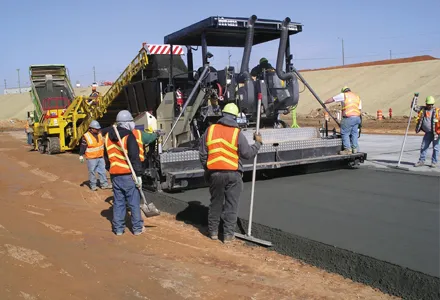London's Metropolitan Police Motorcycle Tasking Team is now carrying out a trial of the electric Zero Motorcycle. The Metropolitan police will test the Zero DS (Dual Sport) electric motorcycle and this will be used at its roadside tasking sites, educating on and enforcing correct road behaviour.
May 4, 2012
Read time: 1 min
London’s 5059 Metropolitan Police Motorcycle Tasking Team is now carrying out a trial of the electric Zero Motorcycle. The Metropolitan police will test the Zero DS (Dual Sport) electric motorcycle and this will be used at its roadside tasking sites, educating on and enforcing correct road behaviour. The bike will also be used as part of the BikeSafe and ScooterSafe programmes. These are aimed at raising awareness and offering briefings and assessments around the country to help reduce motorcycle related accidents. The Motorcycle Tasking Team focusses on keeping motorcyclists safe on London’s roads. The Zero DS is a technologically advanced machine and will provide the police with an insight into the huge benefits of electric vehicles including noise reduction and reduced running costs as there is minimal servicing and maintenance associated with electric vehicles. Zero Motorcycles are already aiding law enforcement, in Scotts Valley, California, where the Zero DS is used by the police department to assist with local patrols and traffic enforcement.








